T4K3.news
Synthetic sugar-coated nanoparticle blocks Covid-19 from infecting human cells
A sugar coated nanoparticle blocks Covid 19 from entering human cells in lab tests, opening a path for new therapies.
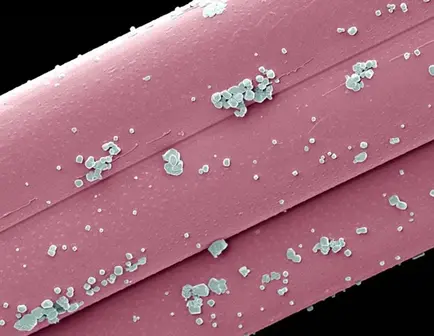
Groundbreaking research from Swansea University reveals a sugar coated nanoparticle that acts as a decoy to block Covid 19 from entering human cells, showing high effectiveness in lab tests.
Synthetic sugar-coated nanoparticle blocks Covid-19 from infecting human cells
Researchers at Swansea University, with partners Freie Universität Berlin and Charité, unveil a synthetic glycosystem that mimics natural cell sugars. The sugar coated polymer nanoparticle acts as a decoy for the virus by binding its spike protein and preventing attachment to real cells. Lab tests on human lung cells show a 98.6 percent reduction in infection and a binding strength around five hundred times greater than a similar sulfate only compound. Unlike vaccines, the glycosystem provides a physical shield rather than triggering an immune response.
The work paves a possible path for antiviral sprays, surface products, and therapies to protect those most at risk. Next steps include broader biological testing in high containment labs to test against multiple strains. The discovery also emphasizes that precise sugar structure matters for effectiveness not just charge, signaling a new direction for antiviral design.
Key Takeaways
"Leading this research, alongside our international partners, has been incredibly rewarding. It opens a new direction for using glycosystems as a therapeutic strategy against SARS CoV 2"
Bhatia on leadership and potential impact
"Its effectiveness stems from precise sugar structure, not just charge"
Mechanism note on what drives the block
"This could lay the foundation for a new class of antiviral therapies to protect those most at risk"
Impact statement on future applications
"The project shows the value of international collaboration in pushing science forward"
Collaboration takeaway
These findings spotlight a new approach to fight viruses at the entry point. Decoys shaped like human sugars could complement vaccines and other therapies, expanding our toolkit for Covid 19 and future coronaviruses.
The path from lab results to a real product is long. Questions remain about safety delivery methods manufacturing at scale and regulatory approval. The focus on lab results means we still need real world data on dosing and potential side effects.
Highlights
- Glycosystems could redefine how we block viruses
- Sugar structure matters more than charge in stopping SARS CoV 2
- A tiny decoy could become a big leap in infection control
- This work invites a new class of antiviral therapies
The work invites careful optimism as researchers move toward real world testing.
Enjoyed this? Let your friends know!
Related News

COVID-19 Linked to Alzheimer’s-Like Changes
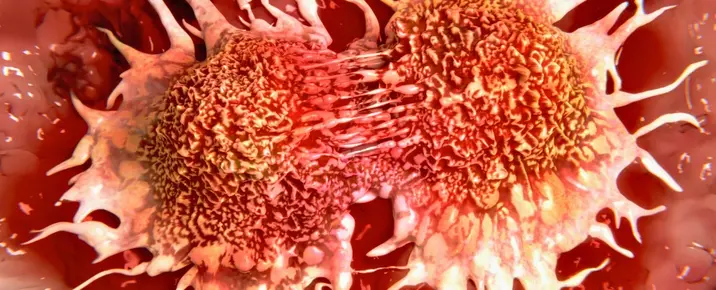
Study Shows Viruses Can Reactivate Breast Cancer
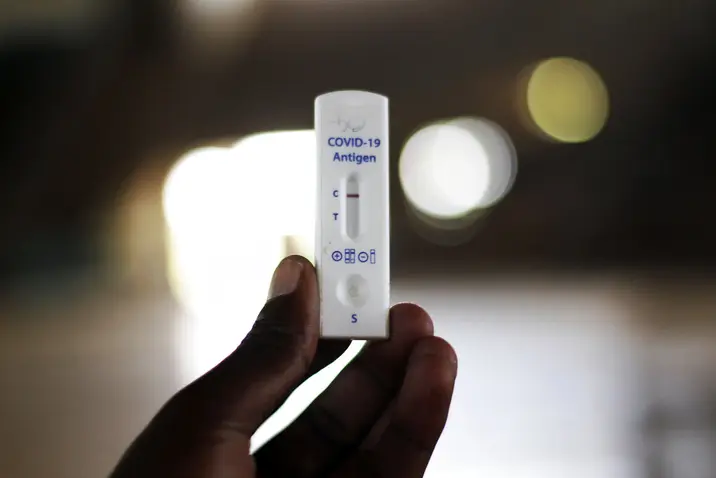
COVID-19 levels in Bay Area exceed winter peak
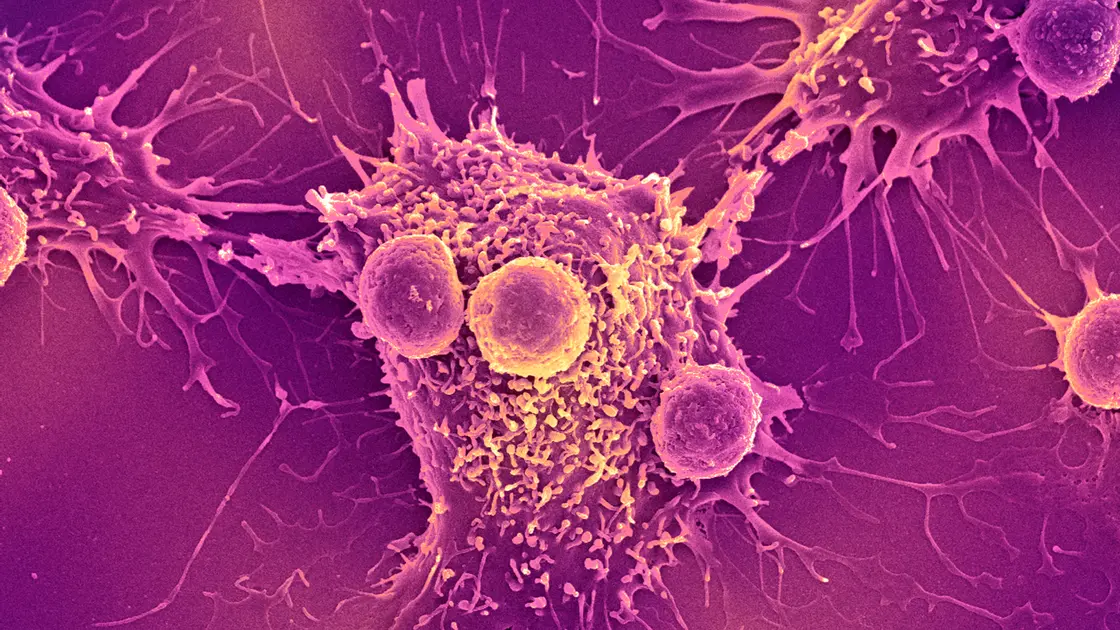
Universal cancer vaccine begins human trials
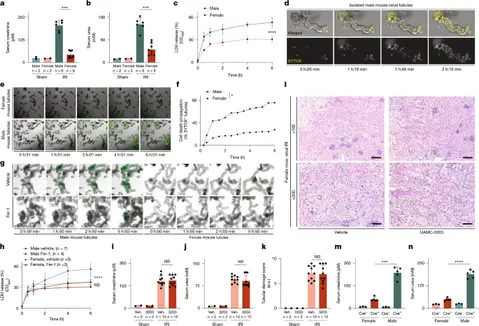
Estrogen protects kidneys from ferroptosis
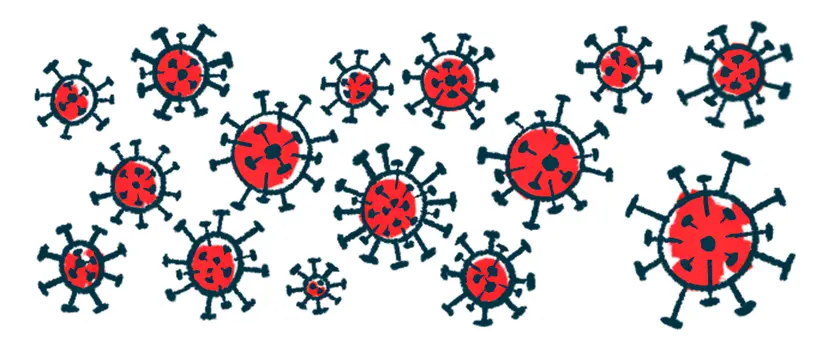
New study links cold sore virus to multiple sclerosis

Coca-Cola Introduces Cane Sugar Version Amid Health Debate
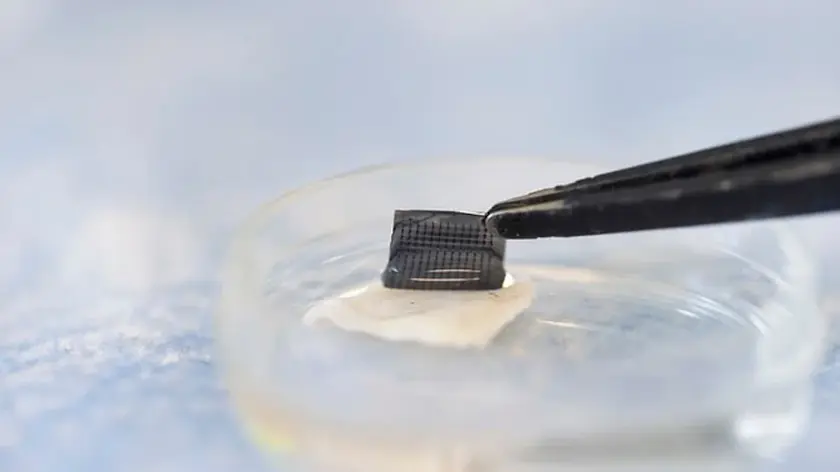
ExoPatch melanoma test moves closer to home use
